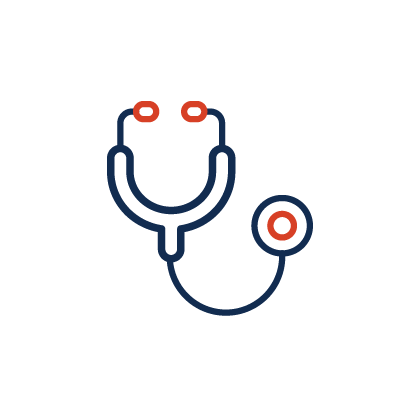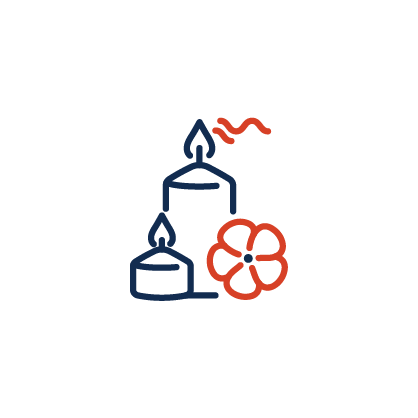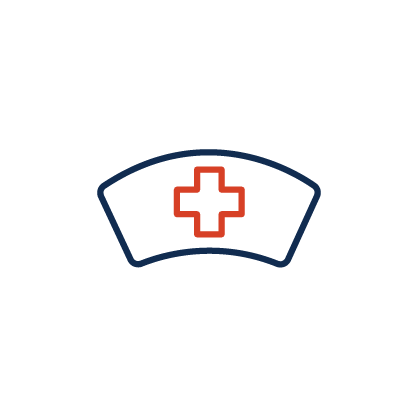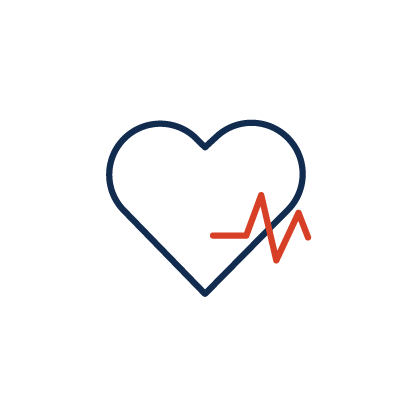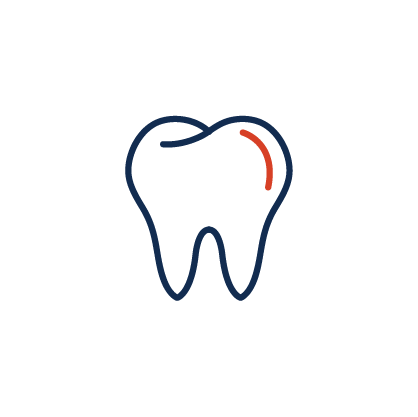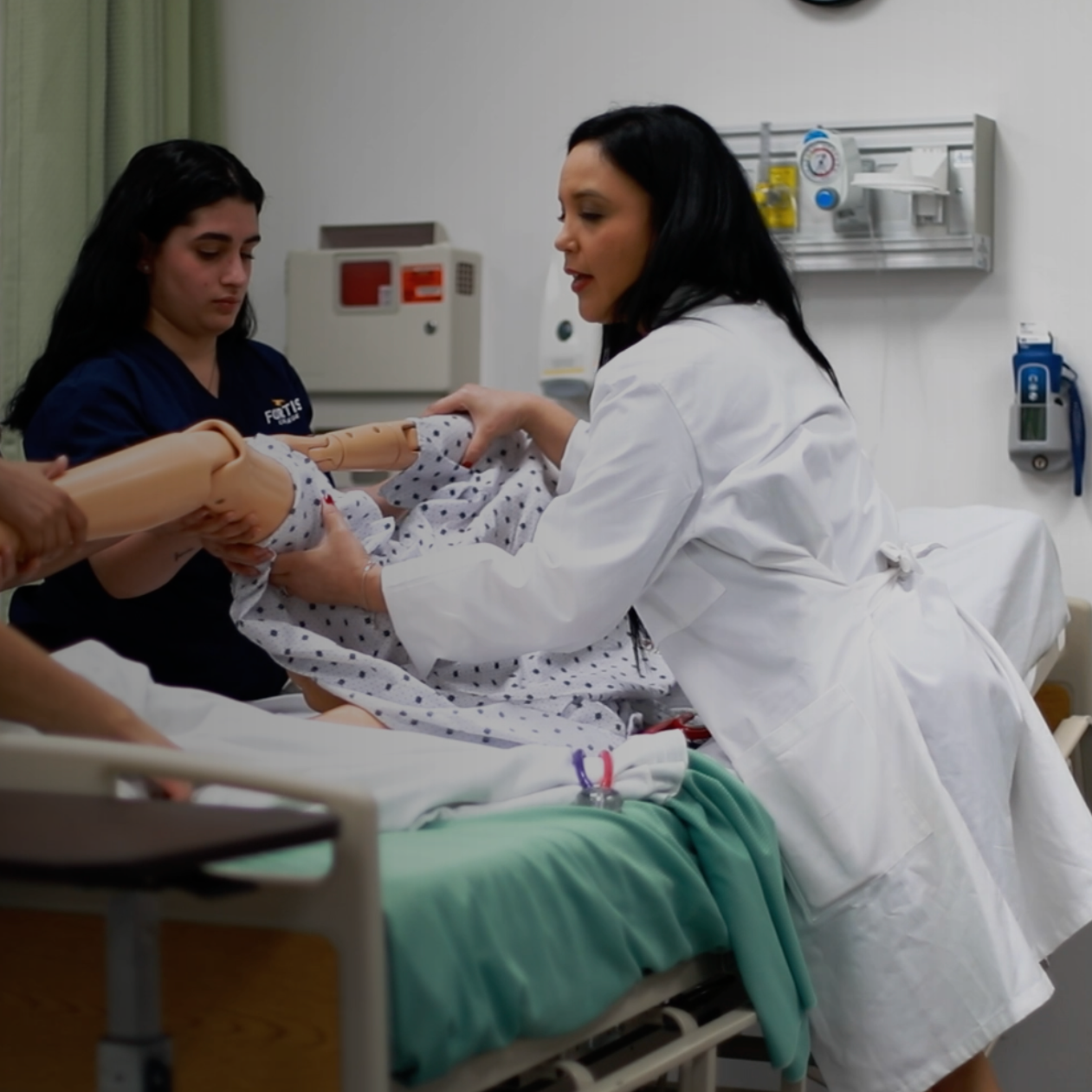
Find A Campus Near You
Whether you are interested in training for a career in healthcare, nursing, dental, the skilled trades or something else, Fortis Colleges and Institutes offers a quality education taught by experienced and dedicated instructors.
Learn More About Our Programs
Why Fortis?
At Fortis Colleges and Institutes, students are provided the skills and training needed to enter careers in industries that have employement opportunities over time.
- Acquire new skills for careers that are in demand in today’s job market.
- Many programs are designed so our students have the opportunity to complete their education and get into the market faster than they usually would in a four-year school or community college.
- Financial aid is available to those who qualify, and our financial aid staff is here to help you learn all you need to know to apply.
- There’s no better time than right now to begin your educational journey to a career as a healthcare professional or in another essential industry.
14
Fortis campuses are located across the U.S. in 14 states. Click here to find one near you.
30+
Programs in a variety of fields including Medical, Healthcare, Nursing, Dental, Skilled Trades and more.
100,000+
Fortis has trained thousands of students to help them get started in a variety of essential career fields.

Our Graduate Stories
Don't take our word for it, see what our graduates have to say about us!
"I attended the Fortis College in Norfolk and received my LPM certification and returned for the RN degree. What brought me back for RN was the quality of the instructors."
Ruth W.
Nursing Student
Financial aid is available to those who qualify.

Options
Many options are available to students who qualify, including federal student aid grant and loan programs, state and private funding sources, as well as student payment plans.

Career Goals
Your Fortis admissions advisor can arrange a time for you to meet with the financial aid staff who are fully prepared to provide answers to all your questions.

Financial Aid
Fortis financial aid advisors are trained to provide professional, confidential and personal attention to students to help them find the resources they need.
Get Started Today!
Of course, we know you probably have questions! Speak with an Admissions Advisor today!

